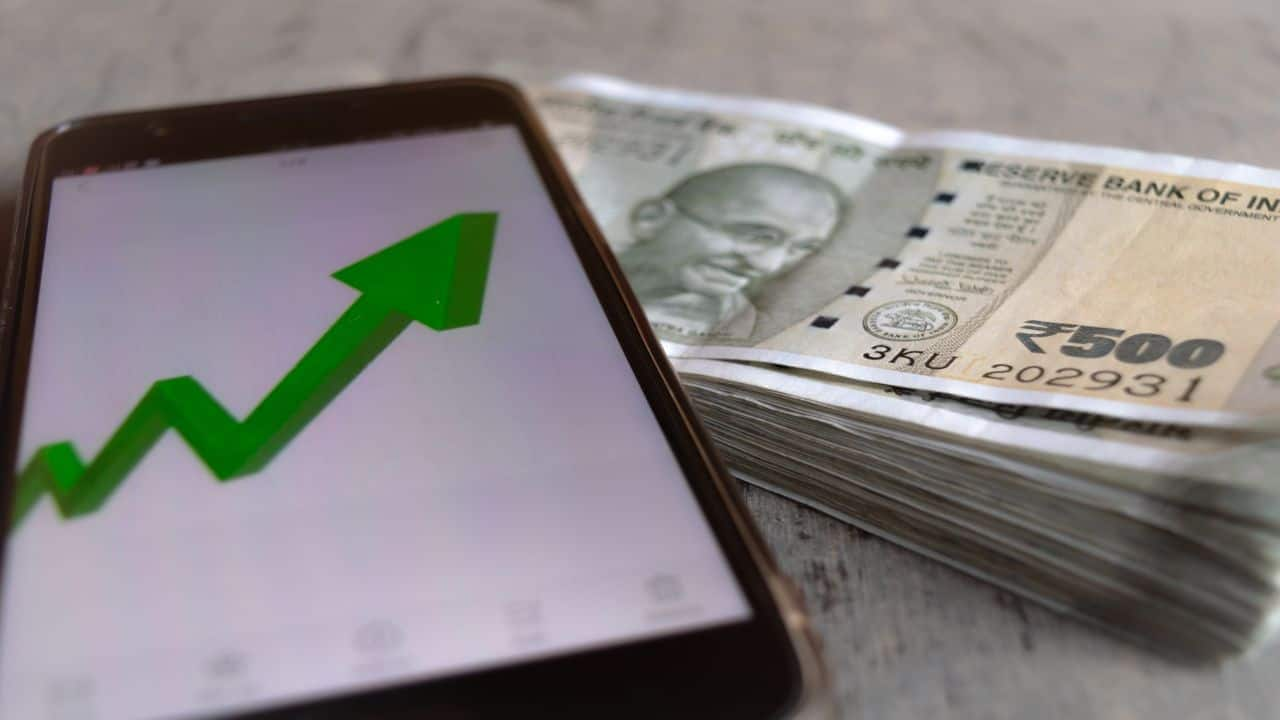Crypto Revolution: How Digital Assets are Reshaping the Philippine Financial Landscape

For years, the world of finance has been dominated by traditional institutions and established practices. But a seismic shift is underway, driven by the rise of cryptocurrency and blockchain technology. While some in the Philippines’ financial sector remain skeptical, viewing crypto’s “use cases” with a degree of cynicism – much like Wall Street veterans who’ve weathered past digital asset booms and busts – the potential for transformative change is undeniable. We've seen the cycles of hype, particularly with memecoins and NFTs, and many investors have learned hard lessons. However, the current wave of crypto innovation feels different, and its impact on the Philippine economy could be profound.
Beyond the Hype: Real-World Applications
The initial frenzy surrounding cryptocurrencies often overshadowed the underlying technology and its potential. While memecoins and speculative NFTs captured headlines, the core innovation – blockchain – offers a secure, transparent, and efficient way to record and verify transactions. This has far-reaching implications for various industries, including finance, supply chain management, healthcare, and more. In the Philippines, where access to traditional banking services remains a challenge for many, crypto can provide a pathway to financial inclusion. Imagine farmers in remote areas being able to receive payments directly, bypassing intermediaries and reducing transaction costs. Or small business owners gaining access to credit and investment opportunities previously unavailable to them.
The Philippine Context: Opportunities and Challenges
The Philippines is uniquely positioned to benefit from the crypto revolution. A young, tech-savvy population, a high mobile penetration rate, and a growing digital economy create a fertile ground for crypto adoption. The Bangko Sentral ng Pilipinas (BSP) is actively exploring the potential of digital currencies, including the possibility of issuing its own Central Bank Digital Currency (CBDC). However, challenges remain. Regulatory uncertainty, security concerns, and the need for greater financial literacy are hurdles that need to be addressed.
The Rise of DeFi and Web3
The evolution of cryptocurrency extends beyond Bitcoin and Ethereum. Decentralized Finance (DeFi) is disrupting traditional financial services by offering lending, borrowing, and trading platforms without intermediaries. Web3, the next iteration of the internet, promises a more decentralized and user-controlled online experience, with crypto playing a central role. These developments are creating new opportunities for entrepreneurs and investors in the Philippines to build innovative products and services.
Looking Ahead: A Future Shaped by Crypto
While the path ahead may not be without its bumps, the crypto revolution is poised to reshape the Philippine financial landscape. By embracing innovation, addressing regulatory challenges, and promoting financial literacy, the Philippines can harness the power of digital assets to drive economic growth, empower individuals, and build a more inclusive financial system. It’s no longer a question of *if* crypto will impact the Philippines, but *how* we will navigate this transformative journey. The time to engage and adapt is now. The “big bang” is not just about digital assets; it's about a fundamental shift in how we think about money, value, and the future of finance.






